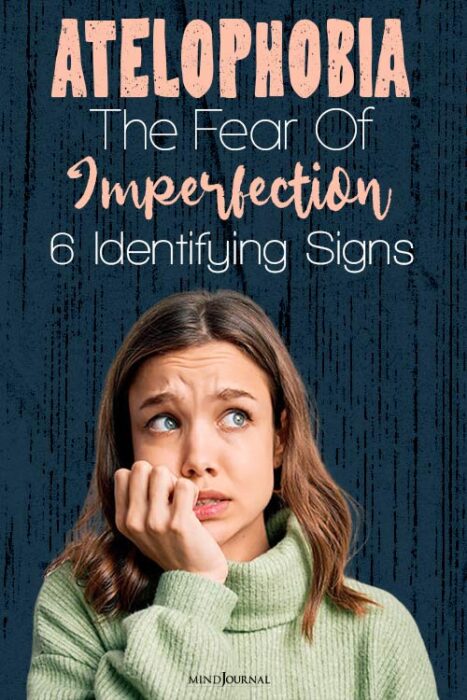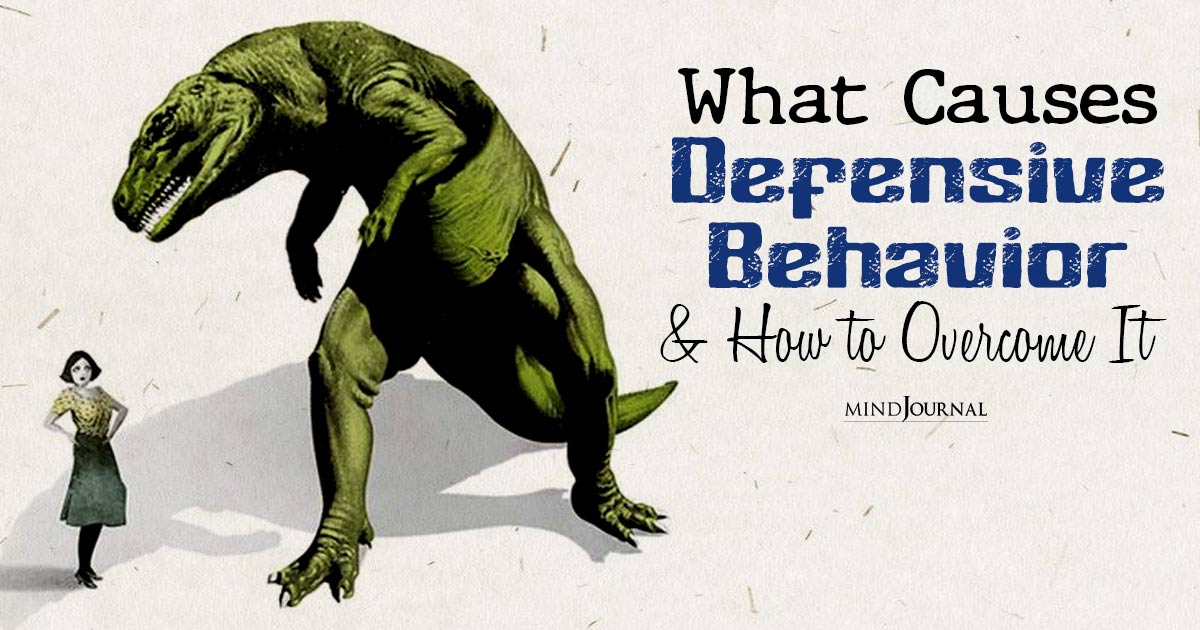Do you ever find yourself plagued by self-doubt, constantly fearing failure, or feeling overwhelmed by the pressure to be perfect? If so, you might be experiencing atelophobia symptoms, a condition that affects countless individuals worldwide.
Let us explore the depths of atelophobia, exploring its definition, symptoms, and related factors. By gaining a deeper understanding of this condition, we can empower ourselves and others to overcome the paralyzing fear of imperfection and embrace personal growth and self-acceptance.
Atelophobia Definition

Atelophobia, derived from the Greek word “atelos” meaning imperfect, is the intense and irrational fear of imperfection or failure. It is a specific phobia that can significantly impact one’s quality of life, self-esteem, and ability to pursue personal goals.
Individuals with atelophobia often hold themselves to impossibly high standards and are constantly plagued by the fear of not meeting those standards.
Related: How to Stop Perfectionism From Controlling Your Life
Atelophobia symptoms
Recognizing the symptoms of atelophobia is crucial in identifying and addressing this condition. Here are some common signs to look out for:
1. Perfectionistic tendencies
Atelophobia symptoms often manifest as an unrelenting desire for flawlessness in every aspect of life. This can lead to excessive self-criticism, setting unattainable goals, and being overly self-conscious about one’s performance.
2. Fear of failure
Individuals with atelophobia often have an intense fear of making mistakes or failing. This fear can be paralyzing and may prevent them from taking risks or pursuing their passions.
3. Self-doubt and low self-esteem
Atelophobia can erode self-confidence, resulting in a constant belief that one is not good enough. Individuals may have a distorted self-image and feel unworthy of praise or recognition.
4. Anxiety and stress
People with atelophobia may experience persistent anxiety and stress due to the fear of being judged or criticized. This anxiety can manifest physically, leading to symptoms such as restlessness, insomnia, or even panic attacks.
5. Avoidance behaviors
Atelophobia can cause individuals to avoid situations or activities where they believe they might fail or be judged negatively. This avoidance can hinder personal growth and limit opportunities for learning and development.
5. Procrastination
Fear of imperfection can lead to chronic procrastination as individuals delay tasks in an attempt to avoid making mistakes or falling short of their own high standards.
6. Social withdrawal
Atelophobia symptoms can contribute to feelings of isolation and social withdrawal. Individuals may fear social interaction, believing that others will perceive their imperfections and judge them harshly.
Factors Contributing to Atelophobia
While the exact causes of atelophobia are not fully understood, several factors can contribute to its development. These factors may include:
1. Childhood experiences
Traumatic experiences during childhood, such as criticism or parental pressure to be perfect, can contribute to the development of atelophobia later in life.
2. Perfectionistic upbringing
Growing up in an environment that emphasizes achievement and places excessive emphasis on perfection can foster the fear of imperfection in individuals.
Related: 8 Signs Of Toxic Perfectionism And How To Deal
3. Social and cultural influences
Societal pressure to meet unrealistic standards of beauty, success, or achievement can exacerbate feelings of atelophobia. Media portrayal of flawless individuals and the constant comparison on social media platforms can further fuel this fear.
4. Personal temperament
Certain personality traits, such as being highly conscientious, sensitive, or having perfectionistic tendencies, may predispose individuals to atelophobia symptoms.
5. Traumatic events or failures
Experiencing significant failures or traumatic events, such as a public embarrassment or a major setback, can trigger atelophobia in susceptible individuals.
Overcoming Atelophobia: Seeking Help and Self-Care Strategies
Fortunately, atelophobia is a condition that can be managed and overcome with the right support and strategies. Here are some helpful approaches:
1. Seek professional help
Consulting a mental health professional, such as a therapist or counselor, can provide valuable guidance and support in addressing atelophobia.
Cognitive-behavioral therapy (CBT) and exposure therapy are often effective in helping individuals challenge their irrational fears and develop healthier coping mechanisms.
2. Challenge perfectionistic beliefs
Recognize that perfection is unattainable and that making mistakes is a natural part of the learning process. Practice self-compassion and focus on progress rather than perfection.
3. Set realistic goals
Break down larger goals into smaller, achievable tasks. Celebrate each milestone and acknowledge personal growth along the way.
4. Practice self-care
Engage in activities that promote relaxation and self-care, such as meditation, exercise, hobbies, or spending time with loved ones. Taking care of your mental and physical well-being is essential in managing atelophobia symptoms.
5. Surround yourself with positive influences
Build a support system of friends and family who provide encouragement, understanding, and positivity. Limit exposure to negative or judgmental individuals or media that perpetuate unrealistic standards.
6. Challenge negative self-talk
Replace self-critical thoughts with positive affirmations and realistic self-appraisal. Remind yourself of your strengths, achievements, and progress made.
7. Embrace imperfections
Embracing imperfections is a powerful step towards overcoming atelophobia. Recognize that imperfections are what make us human and allow for growth, resilience, and authenticity.
Takeaway
Atelophobia, the fear of imperfection, can have a profound impact on one’s life and well-being. By understanding the symptoms and related factors of atelophobia symptoms, we can begin to address and overcome this fear.
Remember, perfection is an unattainable ideal, and embracing imperfections is a way to foster personal growth, self-acceptance, and a more fulfilling life. Seek support, practice self-care, and challenge the negative beliefs that fuel atelophobia.
Together, we can break free from the shackles of perfection and embark on a journey of self-discovery and self-compassion.
Related: 5 Steps to Overcome The Fear of Giving Up Perfectionism
Frequently Asked Questions (FAQs):
Is atelophobia a mental illness?
Yes, atelophobia is the fear of imperfection or not being good enough. It’s a specific type of anxiety disorder. Seek professional help.
Is atelophobia the same as OCD?
No, atelophobia is fear of imperfection. OCD (Obsessive-Compulsive Disorder) involves unwanted repetitive thoughts and behaviors. Both are anxiety-related but distinct conditions.
What is Cacophobia?
Cacophobia is the fear of ugliness or things that are perceived as ugly, including people, objects, or surroundings. It’s a specific phobia.









Leave a Reply
You must be logged in to post a comment.